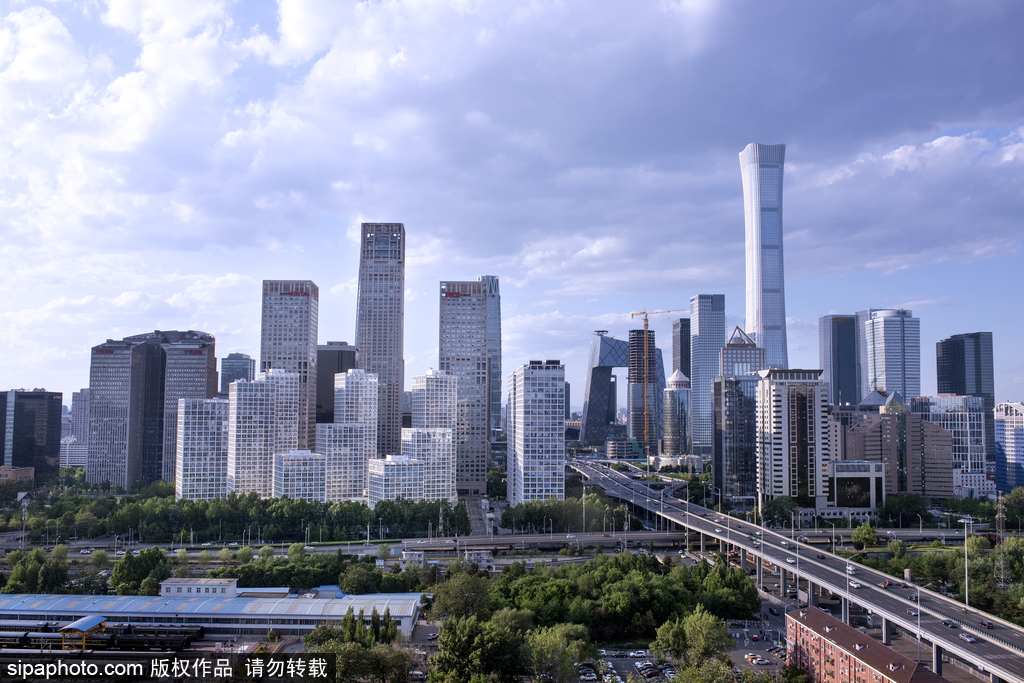Capital enlists tech in pollution fight
By HOU LIQIANG | CHINA DAILY | Updated: 2020-11-04 08:54

Beijing's water resources authority plans to use artificial intelligence and satellite remote sensing to build an intelligent water body management system able to automatically report violations, an official said.
The management of water bodies in the capital has made great strides since the implementation of a river chief mechanism in 2017. Sewer outlets that directly discharged waste water into rivers and lakes have been shut down, and black and malodorous bodies of water with quality below Grade V-the poorest in China's five-tier water quality system-have been eradicated, said Song Lei, head of the Beijing Water Authority's river chief department.
Thanks to the authority's efforts, many rivers that had dried up have seen water return, with more than 400 kilometers of watercourses coming back to life last year, he added.
Song said, however, that more needs to be done to meet increasing public demand for recreational activities close to water. The authority plans to use advanced information technologies to bridge the gap.
One solution is to make full use of cameras around water bodies to ramp up management.
In the past, the cameras, set up for public security management, were of little use in managing water bodies because it was impossible to have enough people watching the images from the cameras around the clock to spot violations. But now, Song said, technologies can assist in the recognition of footage of uncivilized acts such as waste dumping and barbecuing around water bodies.
He said pilot programs have been rolled out, allowing uncivilized acts to be recognized, with related footage saved as evidence, and be reported to river chiefs and law enforcement agencies.
The authority also plans to use big data technology to produce heat maps showing concentrations of tourists so it can provide services to areas where they are most needed in a precise manner, Song said.
Based on the heat maps, the authority will increase the supply of facilities, such as swim rings, dressing rooms, chairs and trash bins. Some ice entertainment facilities will also be built, Song added.
He said that while all 148 previously black and malodorous bodies of water in the capital have seen their quality upgraded, the authority will continue to monitor them and other via satellite remote sensing to ensure problems do not return.
"Once found, all problems will be reported to river chiefs," he said.
Song said there are over 5,300 river chiefs in the capital in a four-tier system from the municipal level to the community level.
In December 2016, the central government released a document ordering the establishment of a nationwide river chief system, linked to the performance evaluations of top officials in different levels of government, by the end of 2018.
Under the system, government officials are appointed as river chiefs at provincial, prefecture, county and township levels to ensure strong enforcement of environmental policies and enhanced coordination of different government bodies in water body management. The heads of provincial-level regions serve as general chiefs responsible for all rivers and lakes in their region.
























